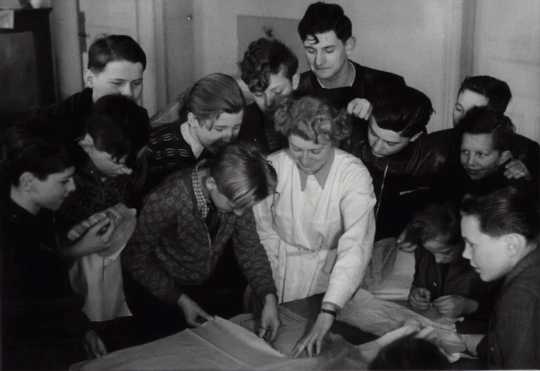In order to achieve academic success, it is important to develop effective study habits. Whether you are a high school student preparing for exams, a college student working towards a degree, or a professional looking to advance your career, honing your study skills is crucial for reaching your goals. Here are some tips and strategies to help you improve your study habits and maximize your academic success.
1. Set goals: Before you start studying, it is important to set clear and achievable goals. Define what you want to accomplish during your study session, whether it is reviewing a chapter, completing a set of practice problems, or mastering a new concept. By setting specific goals, you will stay focused and motivated throughout your study session.
2. Create a study schedule: Develop a study schedule that works for you, based on your daily routine and preferences. Determine the best time of day for you to study, whether it is early in the morning, during the afternoon, or in the evening. Schedule regular study sessions throughout the week, and allocate enough time for each subject or topic that you need to cover. By creating a study schedule, you will establish a routine that will help you stay on track and make consistent progress.
3. Find a quiet and conducive study environment: Choose a quiet and comfortable environment for studying, where you can concentrate and avoid distractions. Ensure that your study space is well-lit, organized, and free from noise or interruptions. Minimize distractions such as your phone, social media, or television, and create a focused study environment that will help you stay engaged and productive.
4. Take breaks: It is important to take breaks during your study sessions to recharge and reenergize. Studies have shown that taking short breaks can improve focus and retention, as well as prevent burnout. Take a 5-10 minute break every hour or so, during which you can stretch, walk around, or grab a snack. By incorporating regular breaks into your study routine, you will maintain your stamina and concentration throughout your study session.
5. Use active study techniques: Instead of passively reading or highlighting your notes, use active study techniques that engage your mind and promote active learning. Practice active reading by asking questions, summarizing key points, or making connections to real-life examples. Use flashcards, practice problems, or mnemonic devices to reinforce your memory and understanding of the material. By actively engaging with the material, you will improve your comprehension and retention of the content.
6. Review and practice regularly: Consistent review and practice are key to retaining information and mastering concepts. Schedule regular review sessions to reinforce your learning and prevent forgetting. Practice problems, quizzes, or self-assessments to test your knowledge and identify areas for improvement. By reviewing and practicing regularly, you will build a solid foundation of knowledge and prepare yourself for success on exams and assignments.
7. Seek help when needed: If you are struggling with a difficult concept or topic, do not hesitate to seek help from your teacher, classmates, or tutors. Ask questions, participate in study groups, or attend office hours to clarify your understanding and receive support. By seeking help when needed, you will overcome obstacles more effectively and enhance your learning experience.
8. Stay organized: Keep your study materials, notes, and assignments organized to avoid confusion and save time. Use folders, notebooks, or digital tools to store and categorize your study materials. Create a system for tracking deadlines, assignments, and study tasks, such as a planner or calendar. By staying organized, you will streamline your study process and stay on top of your academic responsibilities.
9. Stay motivated: Maintain a positive attitude and stay motivated throughout your academic journey. Set realistic expectations for yourself, celebrate your achievements, and stay determined in the face of challenges. Find ways to stay inspired and engaged, whether it is setting rewards for reaching milestones, connecting with peers who share your goals, or visualizing your long-term success. By staying motivated, you will persevere through obstacles and achieve your academic goals.
10. Reflect on your progress: Regularly reflect on your study habits, progress, and results to identify areas for improvement and growth. Evaluate what is working well for you and what can be adjusted to enhance your study experience. Set new goals, adjust your study schedule, or try new study techniques based on your reflections. By actively reflecting on your progress, you will become more self-aware and proactive in optimizing your study habits for academic success.

